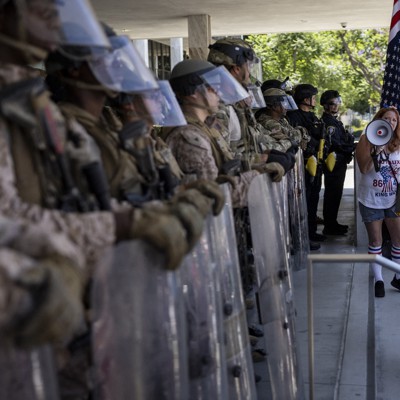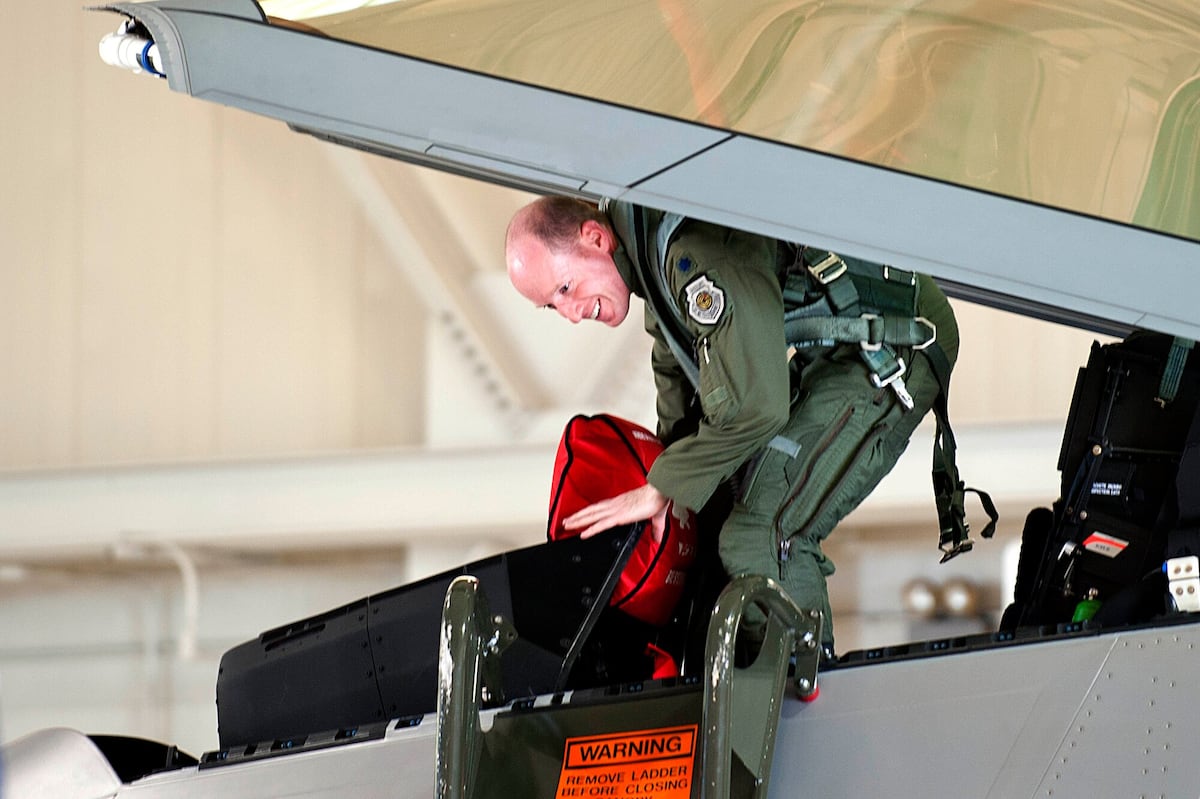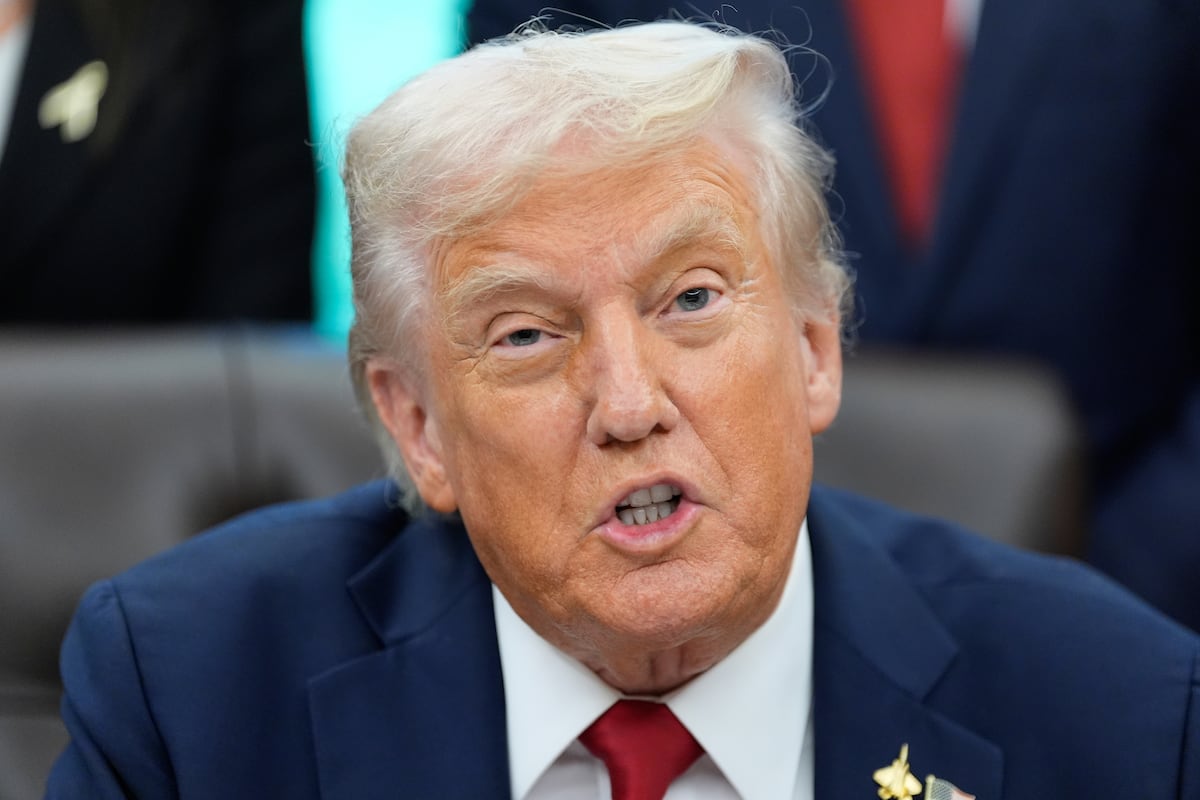The House version of the National Defense Authorization Act, passed Tuesday night, would increase Defense Department support for border protection and other law enforcement actions far outside of foreign military threats.
The National Defense Authorization Act provides congressional mandates on new departments or initiatives. This year’s House version significantly breaks down barriers between the Defense Department and domestic law enforcement.
One amendment, from Rep. Pat Fallon, R-Texas, codifies the Defense Department’s role in homeland security and border enforcement, allowing the Secretary of Defense “enter into a contract for the provision of” intelligence collection and monitoring—such as watching drone feeds—vehicle maintenance, aviation, linguistics, and warehousing in support of Customs and Border Protection efforts. That allows the Defense Department to use part of its budget to hire contractors to help with migrant detention and deportation efforts, rather than have troops perform those roles.
The bill also expands the Defense Department’s role in supporting any joint task force (regardless of agency) conducting “counter-terrorism” and “counter transnational-organized crime activities.” That provision makes permanent a 2004 NDAA pilot program that enabled Defense Department support for law enforcement counterterrorism operations (striking a sunset clause that would have ended it after fiscal year 2024).
But the bill doesn’t address potential chain-of-command and legal confusion, some of which is already on display in California, where some 700 Marines are deployed under federal authority to deal with civil unrest. Active-duty troops are under the command of their military superiors even when supporting domestic agencies, and they aren’t allowed to carry out arrests or similar domestic law enforcement actions unless the president invokes the Insurrection Act. National Guard troops are normally under the control of state authorities, but the president has the power to federalize them under conditions of ‘invasion’ or rebellion,” under Title 10.
In June, the White House federalized portions of the National Guard in California, describing protests as “rebellion.” But that justification was challenged by the state’s governor. It’s even less clear under whose authority Defense Department contractors performing DHS support missions might fall. The bill also doesn’t address long-standing concerns that using troops to guard the border or support domestic law enforcement agencies hurts their readiness to face foreign military threats.
The Senate passed its version of the bill earlier this month. Now the two bodies will conference to iron out differences before sending it to the president’s desk.
Read the full article here








Leave a Reply